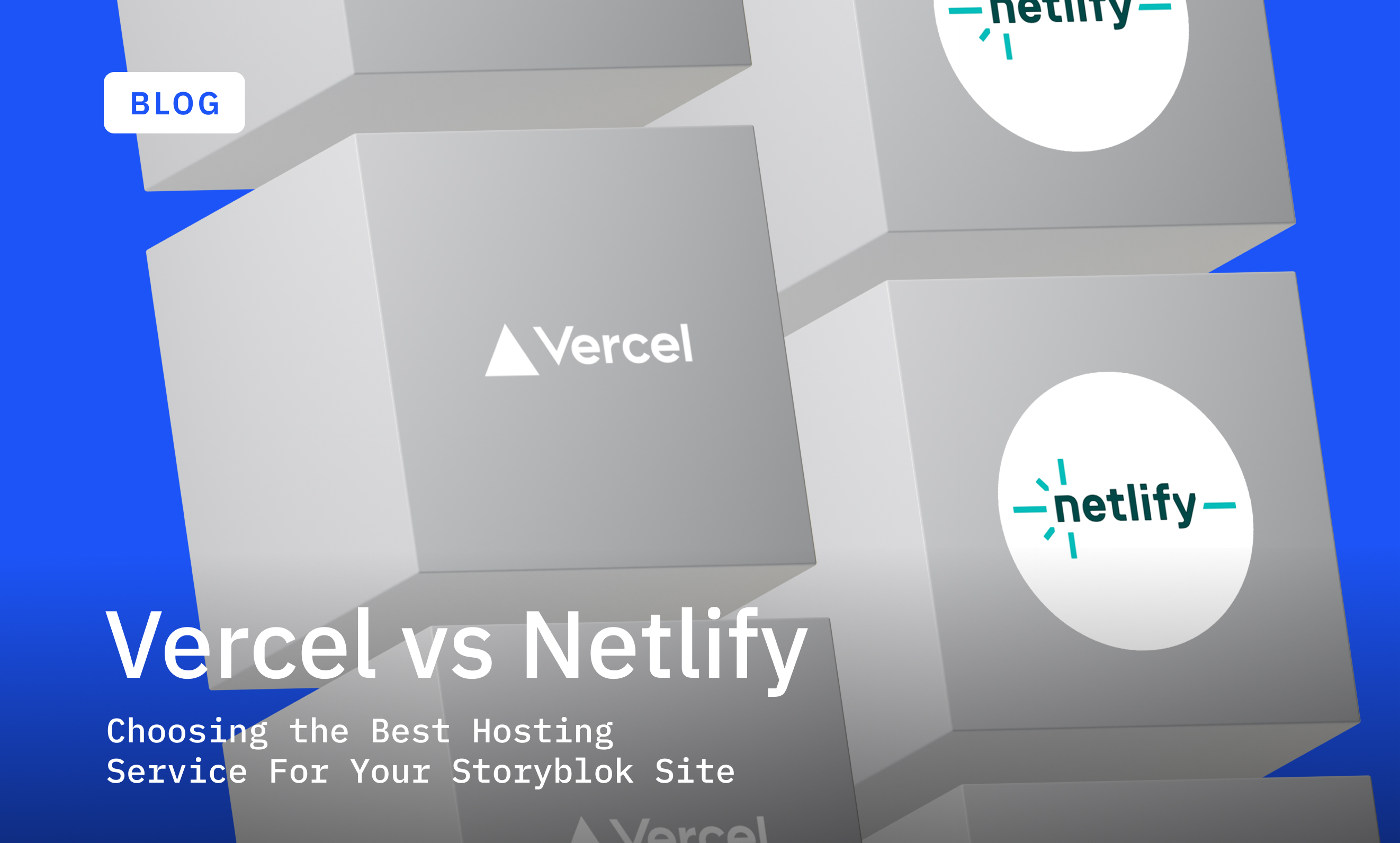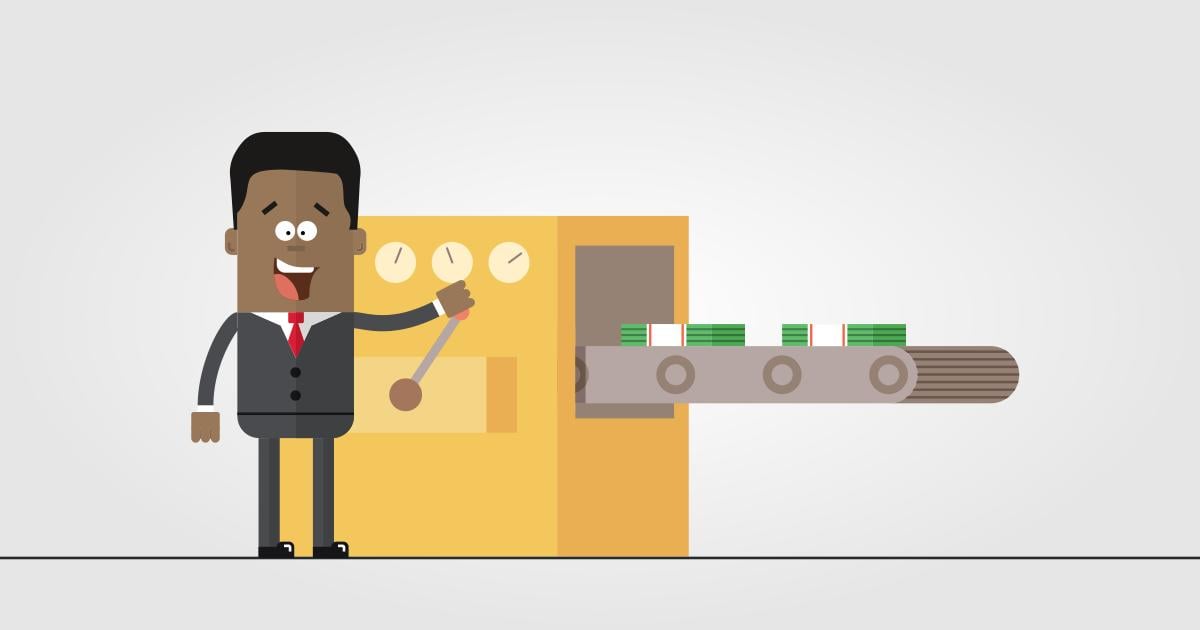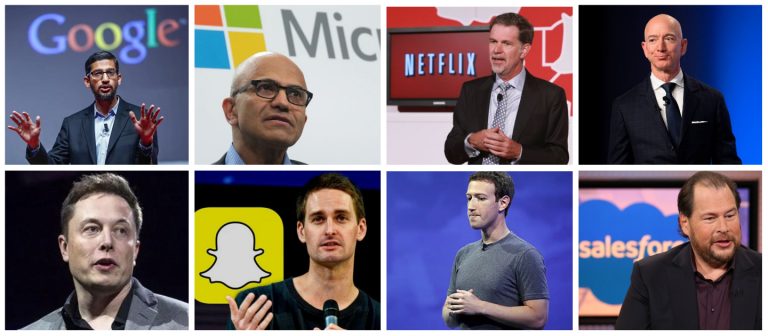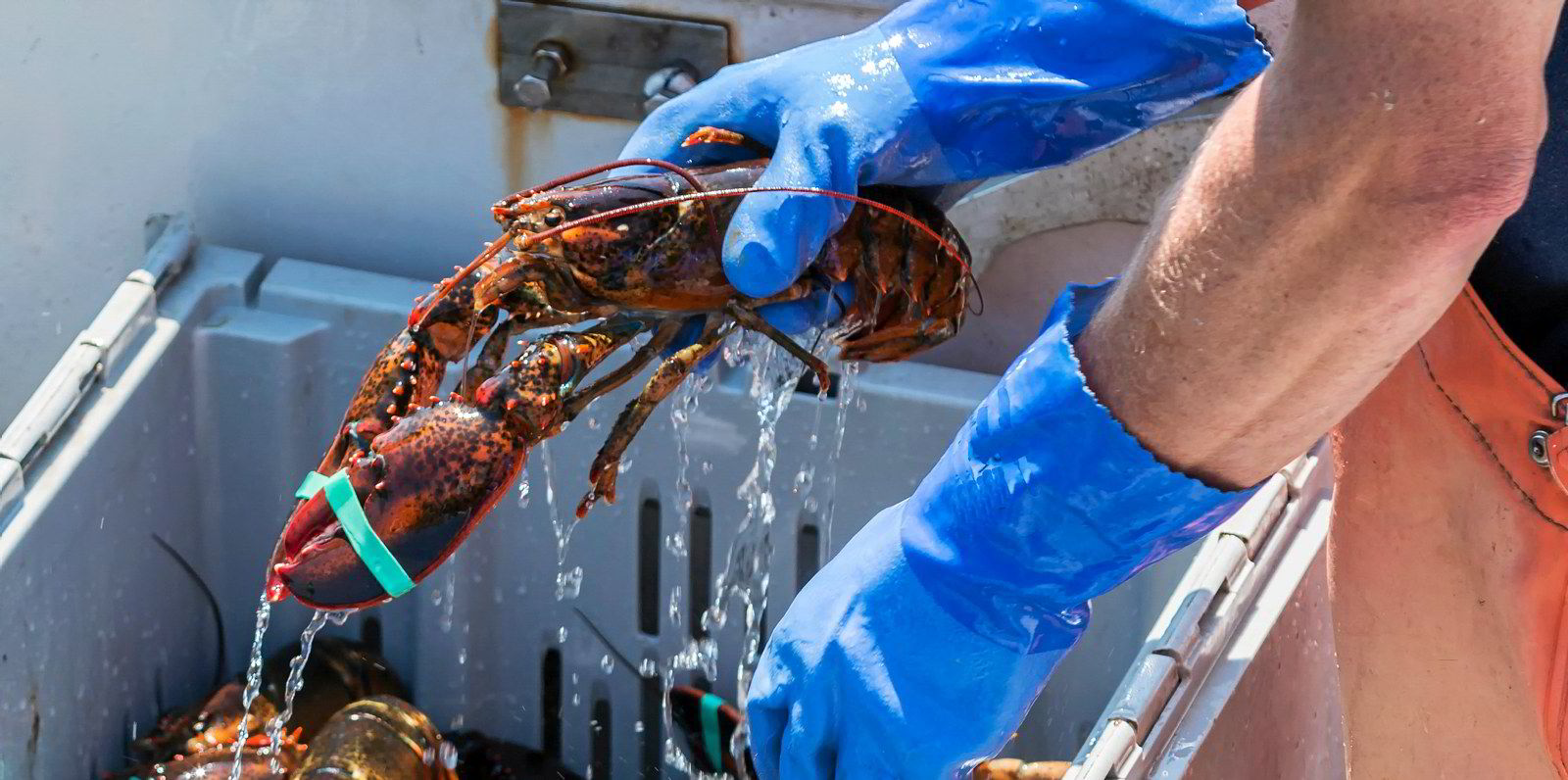Internet Censorship Debate Heats Up: Vercel Vs. LaLiga's Piracy Blocks

Table of Contents
Vercel's Role in Content Moderation
Vercel positions itself as a neutral platform providing tools for developers to build and host websites and applications. Their approach to content moderation walks a fine line. While they don't actively monitor user-generated content on every site hosted on their platform, their terms of service prohibit illegal activities, including copyright infringement. This means that if LaLiga provides Vercel with legal documentation proving a website hosted on their platform is distributing pirated content, Vercel may be compelled to take action, potentially leading to the website’s takedown.
- Vercel's stance on freedom of speech online: Vercel generally advocates for a free and open internet, but acknowledges the need to comply with legal requests and protect intellectual property rights.
- The challenges of balancing free speech with the prevention of illegal activity: This is a core challenge for all online platforms. How do you prevent the misuse of your platform for illegal activities without stifling free expression? This is a question with no easy answers.
- The technical complexities of identifying and removing infringing content: Identifying pirated content requires sophisticated technology and often relies on reports from copyright holders. The sheer volume of content hosted online makes complete monitoring virtually impossible. The legal arguments presented by Vercel likely centered on the limitations of their ability to proactively identify and remove all infringing content.
LaLiga's Fight Against Piracy
LaLiga faces significant financial losses due to online piracy of football matches. Illegal streaming sites deprive them of valuable revenue from broadcasting rights, impacting both the league and individual clubs. They actively combat this by employing various strategies:
- The economic impact of football piracy: The loss of revenue from piracy is substantial and threatens the financial stability of the football industry, impacting investments in players, infrastructure, and youth development.
- LaLiga's strategies to combat piracy, including legal action and technological solutions: LaLiga utilizes a multi-pronged approach, including legal action against piracy websites, collaboration with internet service providers to block access, and the development of technological solutions to identify and track illegal streams.
- The effectiveness of LaLiga's anti-piracy measures: While LaLiga has made progress, completely eradicating online piracy remains a significant challenge due to the constantly evolving nature of illegal streaming platforms and their technical capabilities. The legal arguments made by LaLiga likely focused on the significant economic harm caused by piracy and the need for platforms like Vercel to cooperate in preventing it.
The Broader Implications of Internet Censorship
The Vercel-LaLiga case raises critical questions about the broader implications of internet censorship. The ethical considerations are complex, pitting freedom of speech against the protection of intellectual property rights.
- The ethical considerations: Where do we draw the line between protecting intellectual property and stifling free expression? Is censorship ever justifiable, and if so, under what circumstances?
- The impact on innovation: Overly restrictive censorship can stifle innovation by hindering the development of new online platforms and services. A fear of legal repercussions might discourage entrepreneurs from creating innovative solutions.
- The role of governments: Governments play a significant role in regulating online content, and their actions can have far-reaching consequences. The balance between government oversight and individual liberties remains a critical point of contention.
- The slippery slope of censorship: Once censorship starts, it can be difficult to control its scope. The initial justifications can expand, leading to unintended consequences and the suppression of legitimate expression.
Alternative Solutions to Online Piracy
Instead of relying solely on censorship, alternative approaches could effectively combat online piracy.
- Improved copyright protection: Strengthening copyright laws and making enforcement more efficient could deter some pirates.
- Affordable legal streaming services: Offering affordable and readily accessible legal alternatives reduces the appeal of illegal streaming sites.
- Educating consumers: Public awareness campaigns can educate consumers about the legal and ethical implications of piracy.
- The role of technology in preventing piracy (DRM, watermarking, etc.): Technological solutions like Digital Rights Management (DRM) and watermarking can make it more difficult to distribute pirated content.
- The importance of affordable and accessible legal alternatives: Convenience and affordability are key factors driving consumers towards illegal streams. Making legitimate alternatives easier and cheaper to access is crucial.
- The impact of public awareness campaigns on piracy rates: Educating the public about the impact of piracy and the availability of legal options can influence behavior and reduce piracy rates.
Conclusion: The Ongoing Debate on Internet Censorship
The Vercel-LaLiga case underscores the complexities of internet censorship and the ongoing struggle to balance freedom of expression with the protection of intellectual property rights. Both sides present valid concerns, and a nuanced approach is crucial. The debate highlights the need for a collaborative effort involving technology companies, copyright holders, governments, and consumers to find effective solutions that don’t sacrifice fundamental freedoms. What are your thoughts on the ongoing debate surrounding internet censorship? Share your views in the comments below!

Featured Posts
-
 Luis Arraez And Jason Heyward Power Padres Sweep Attempt
May 16, 2025
Luis Arraez And Jason Heyward Power Padres Sweep Attempt
May 16, 2025 -
 Jeffrey Goldbergs Account Trumps Odd Interview Behavior
May 16, 2025
Jeffrey Goldbergs Account Trumps Odd Interview Behavior
May 16, 2025 -
 6 000 Employees Laid Off The Fallout From Microsofts Cost Cutting Measures
May 16, 2025
6 000 Employees Laid Off The Fallout From Microsofts Cost Cutting Measures
May 16, 2025 -
 Khatwn Mdah Ne Tam Krwz Ke Jwte Pr Pawn Rkha Adakar Ka Rdeml
May 16, 2025
Khatwn Mdah Ne Tam Krwz Ke Jwte Pr Pawn Rkha Adakar Ka Rdeml
May 16, 2025 -
 Can You Name The 2 Scorers For Every Nba Champion Since 1977
May 16, 2025
Can You Name The 2 Scorers For Every Nba Champion Since 1977
May 16, 2025
Latest Posts
-
 Atlantic Canada Lobster Industry Faces Crisis Low Prices And Global Economic Headwinds
May 17, 2025
Atlantic Canada Lobster Industry Faces Crisis Low Prices And Global Economic Headwinds
May 17, 2025 -
 30 Million Deal Hudsons Bays Brand Sale To Canadian Tire
May 17, 2025
30 Million Deal Hudsons Bays Brand Sale To Canadian Tire
May 17, 2025 -
 Finding Cheap Stuff That Doesnt Suck Practical Tips And Tricks
May 17, 2025
Finding Cheap Stuff That Doesnt Suck Practical Tips And Tricks
May 17, 2025 -
 Ontarios 14 6 Billion Deficit Tariff Impacts And Economic Outlook
May 17, 2025
Ontarios 14 6 Billion Deficit Tariff Impacts And Economic Outlook
May 17, 2025 -
 Increased Opposition To Ev Mandates From Car Dealerships
May 17, 2025
Increased Opposition To Ev Mandates From Car Dealerships
May 17, 2025
